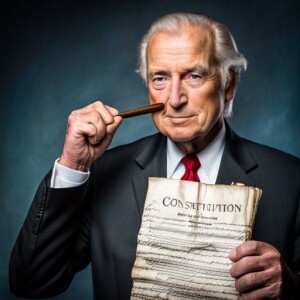
Political correctness, at its core, is a set of beliefs and practices that aim to promote inclusivity and prevent discrimination. While these intentions are admirable, the implementation of politically correct language and behavior has had a negative impact on free speech. The problem with political correctness is that it can create a culture of fear and self-censorship, where people are afraid to express their opinions for fear of being labeled as offensive or insensitive. This not only stifles free expression but also inhibits the exchange of ideas and the development of critical thinking skills.
In many cases, political correctness can also lead to the suppression of important discussions and debates, particularly on controversial topics. For example, if certain topics or viewpoints are deemed politically incorrect, they may be excluded from public discourse altogether. This can be detrimental to the democratic process, as it limits the diversity of ideas and perspectives that are necessary for a healthy democracy.
Furthermore, political correctness can also be used as a tool to silence dissenting opinions and to promote a particular agenda. This can be seen in cases where individuals or groups use accusations of political incorrectness as a way to shut down opposing views. This not only undermines free speech but also creates an environment of hostility and division.
In conclusion, while the goals of political correctness are laudable, its implementation can have a negative impact on free speech. By creating a culture of fear and self-censorship, suppressing important discussions and debates, and being used as a tool to silence dissenting opinions, political correctness can ultimately undermine the principles of democracy and free expression. Instead of promoting political correctness, it is important to encourage a culture of open dialogue and respectful debate, where all viewpoints are welcome and respected.
